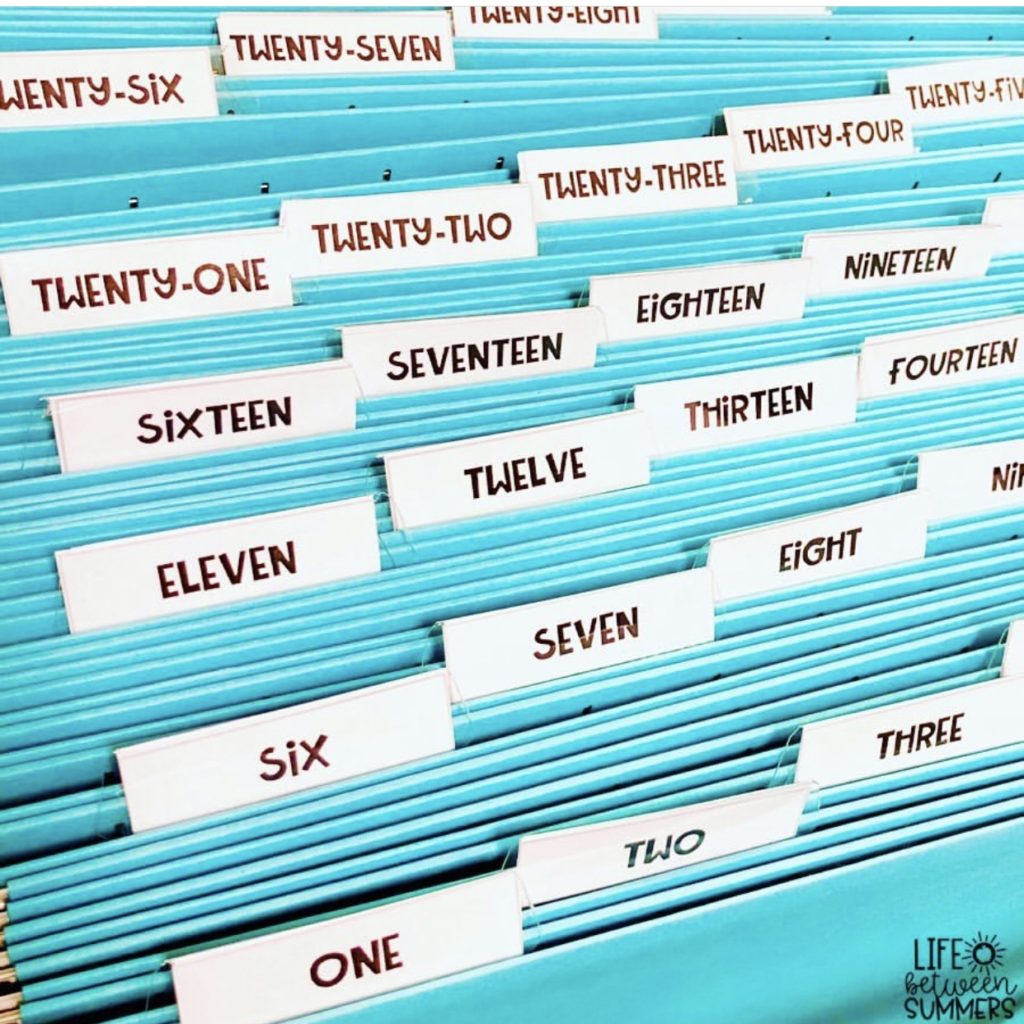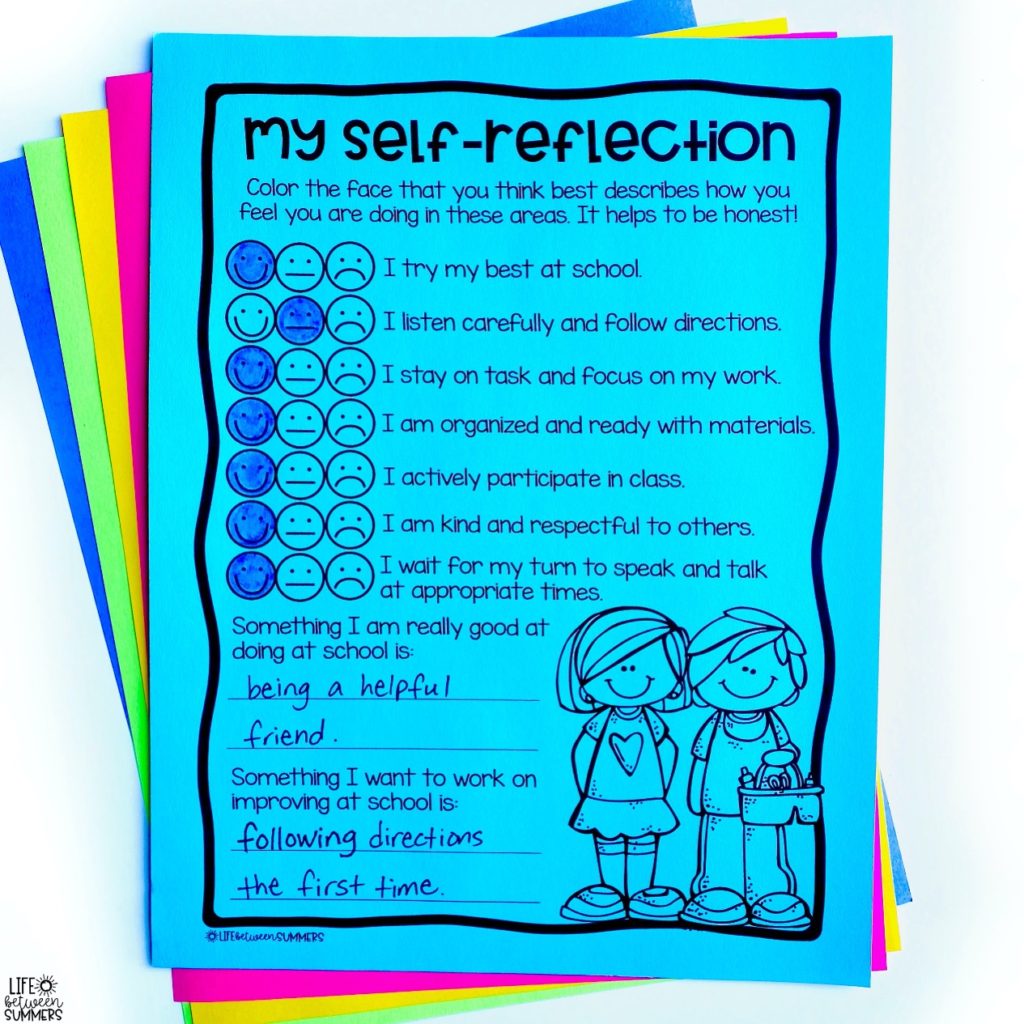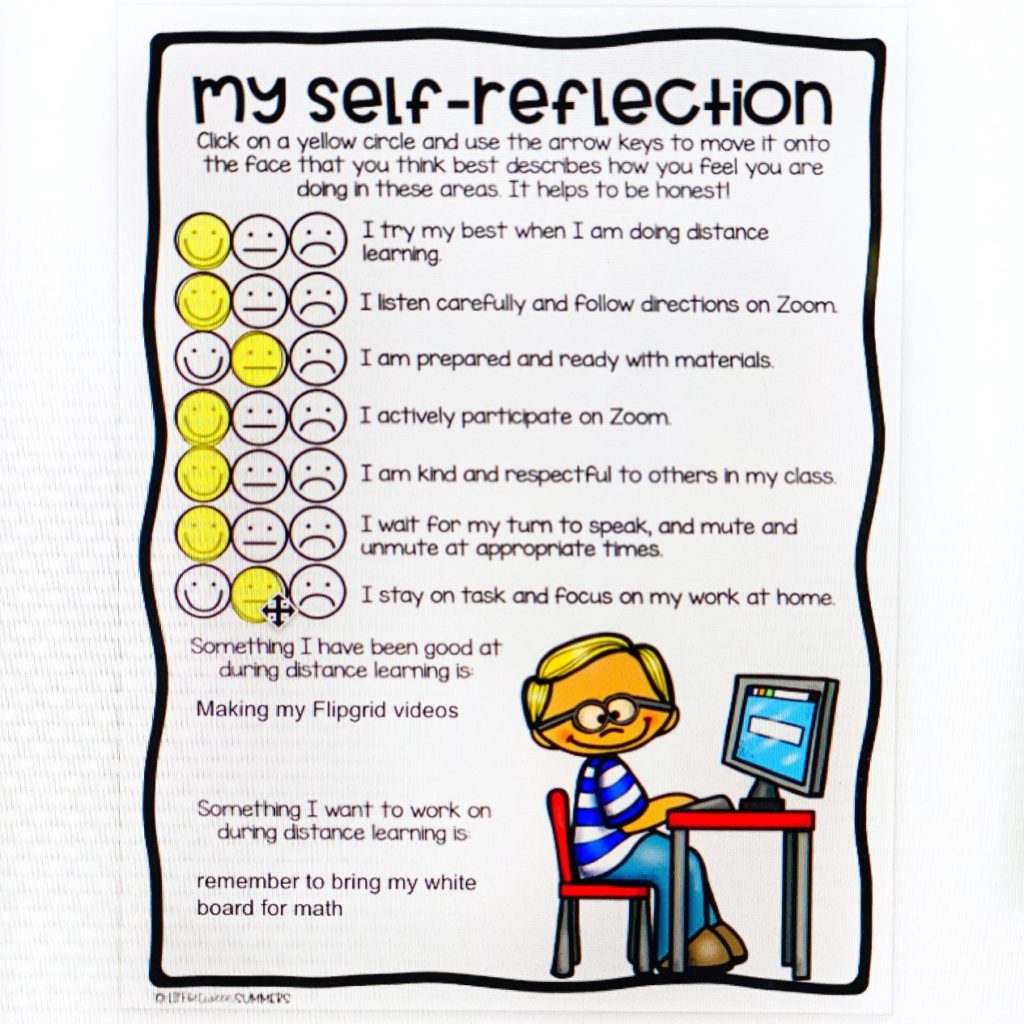Conferences can be prone to cause a little anxiousness on both ends for parents and teachers. Some parents may be nervous to hear what their child’s teacher has to say. And on the other side of camp, some teachers might feel a little apprehensive about conveying so much important information in one concise little time slot, and also doing it in a way that is articulate, charismatic, and professional…whew!
Here are three main tips to help your parent conferences go off without a hitch (even with that parent…if you know, you know)!
1. Get it together.
Well, obviously…wouldn’t we all like to get our lives together in a general sense? But what I mean is, get together all the actual things you will need ahead of time. The last thing you want to be doing during a limited time frame is shuffling around looking for a certain paper you’re missing. A little organization and preparation go a long way.
I’ve always liked using a file box with hanging file folders and a folder inside each one for every student. I numbered them so that they could be reused each year (the free template for these labels is from Amy Groesbeck’s TpT store).

Make a list of everything you want to include in the student folders to show at conferences. Things like student work samples, grading scales, assessment data, etc. Once you’ve got all your paper piles, get comfy and start filing away. When it’s game time, it’s super easy to just reach into that hanging folder and pull that student’s folder.
As you finish each conference, you might use a checklist to check off each family you’ve met with. Something I’ve also done is to just pull out all of the folders for the conferences I have on one particular day. You can stack the folders up in the order you have them scheduled. By the end of the day, you can quickly see by the empty folders if there were any no shows, and just do the checklist at the very end. If you choose to do this, just make sure to re-file the folders so that you’re nice and organized for next year (your future self will thank you).
2. Say something nice!
What parent doesn’t like to hear someone brag about their kid? Before delving into data, you could start out each conference by telling parents a few positive things about their child, whether it’s what they’re doing well academically, or compliments about their behavior. You might also try to give a quick little story/anecdote about something great that the child has said or done in class. It helps put the parents a little more at ease right off the bat.
3. Give your kids ownership.
Before conferences, you could announce to your class that you’ll be meeting with their families soon and that you’re going to get to tell them all about how they’re doing at school. But also let the kids know that you don’t just want to tell their parents how you think they’re doing. You want to give them a chance to share how they think they are doing too, because their opinion matters!
It’s important to give kids opportunities to reflect about their behavior and their work habits. One way you can have students do this is with a self-evaluation.

Before passing these out to students, it’s good to emphasize that this is private information, not to be shared with their classmates. The only people who are going to see it besides themselves are their teacher and their parents/guardians.
I would also recommend talking about how important it is for them to be honest. It’s not bragging if they choose a happy face for one of the sentences (or all of them). On the same token, it’s not shameful if they feel they should choose any that are not a happy face. It just means they are truly reflecting about how they really have been doing, and that is a huge first step to becoming an even better student. You might tell the kids that this allows them to start thinking of ideas of how they can improve in that area. That way of thinking will make both their parents and teacher very proud, and most importantly, make themselves proud!
After having students fill these out, I would file them into the hanging folders I mentioned above. At the conference, the very next thing I’d do after sharing my own positive comments is to show their parents a copy of their child’s self-evaluation. Having this information from the student’s own point of view can be very powerful, and it makes for a great jumping off point for discussion about their child’s performance at school. Once we have that foundation, it leads very nicely into showing work samples and talking about assessment data.
This self-assessment also includes a Google Slides digital version. If you’re doing virtual teaching, you could still give your kids a chance to self-reflect on how they’re doing with learning remotely.

I’ve provided several versions so that you can use this student self-reflection whether you’re currently teaching in the classroom or remotely, and no matter what digital platforms you might be using. The resource includes both the printable and digital options, and both are editable so that you can make customizations to meet the needs of your class. If you use Google Meet instead of Zoom for distance learning, there is also an identical slide of the one shown in the photo above, but for Google Meet.
Best of all, this resource is completely FREE for teachers who are a part of my email list. If you have not yet had a chance to join, feel free to sign up here and this resource will be emailed right to you.
Sending you all the positive vibes for successful parent conferences this year! The most important thing for parents to know is that their kid’s teacher cares about their child. And there’s no doubt that you do (cause I mean, here you are reading a teaching blog when you could be watching Netflix). So when it comes to being a teacher who cares, make sure to give yourself a happy face on your own self reflection! 🙂


Leave a Reply
You must be logged in to post a comment.